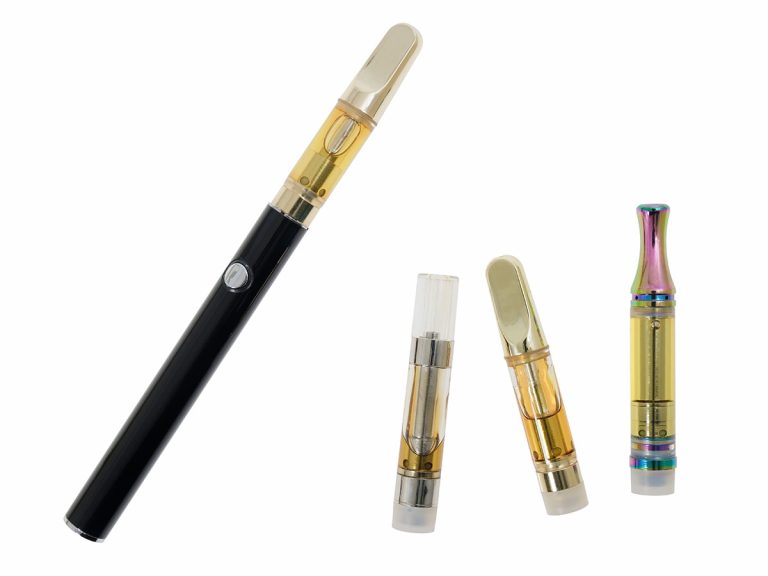Dogs are important members of the family, and their health should be a top priority. A healthy diet for dogs includes plenty of fresh, whole foods and limited processed foods. While a commercial diet may seem complete and balanced, it’s important to understand that not all nutrients are created equal. Probiotics are live microorganisms that offer numerous health benefits when consumed.
Get to know the ingredients:
The first step in choosing a probiotic supplement for your dog is to familiarize yourself with the ingredients. Probiotics are live microorganisms, and the three most common strains are Lactobacillus, Bifidobacterium, and Enterococcus. These strains are found naturally in the gastrointestinal tract and are important for gut health.
Consider your dog’s health:
Probiotics are often recommended for dogs with gastrointestinal issues, such as diarrhea, vomiting, and gas. They can also be beneficial for dogs with allergies or skin problems. If your dog is healthy, probiotics may help to prevent certain illnesses.
Choose a probiotic supplement:
There are many different probiotic supplements on the market. When choosing a supplement, it’s important to consider the number of live microorganisms, the strains of bacteria, and the delivery method. Some probiotics are enteric-coated, which means they resist stomach acid and are more likely to reach the intestines alive.
Follow the manufacturer’s instructions:
When giving your dog a probiotic supplement, it’s important to follow the manufacturer’s instructions. They are probiotics healthy for dogs and are typically given once or twice a day, and the dosage will depend on the product. It’s important to start with a lower dose and increase gradually as tolerated.
Store probiotics properly:
Probiotics are live microorganisms, and they need to be stored properly to maintain their potency. Probiotic supplements should be kept in a cool, dry place, away from direct sunlight. Avoid storing them in the refrigerator, as this can cause the live microorganisms to die.
Give probiotics time to work:
Probiotics are not a quick fix, and they may take several weeks to work. If you don’t see an improvement in your dog’s health after a few weeks of supplementation, it’s important to consult with your veterinarian.
Consider other supplements:
Probiotics are just one type of supplement that can be beneficial for dogs. Other supplements, such as omega-3 fatty acids, vitamin E, and antioxidants, may also be beneficial for your dog’s health.
Conclusion:
Probiotics for dogs are an important part of a healthy diet. They help keep the digestive system healthy and can also help with other health problems. Probiotics are available in many different forms, so talk to your vet about the best way to give them to your dog.






















